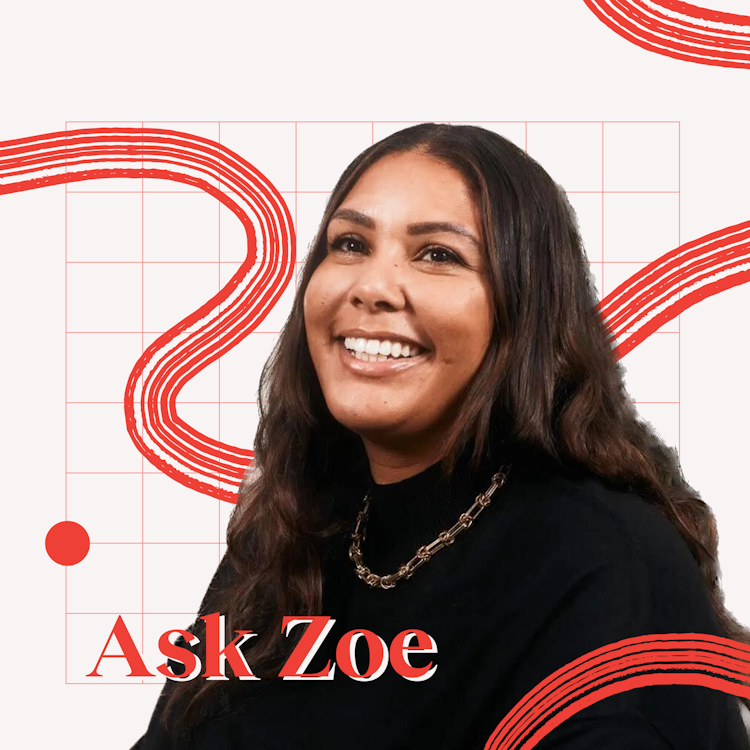“I’ve been offered a more junior role at a top-tier scaleup company that is performing well, but I’m already at a higher title elsewhere. My goal is to become a C-level executive eventually. Should I take a step back in title for the chance to join a better company?”
This is a dilemma many ambitious operators face: should you prioritise the prestige of a top-tier company or hold out for a more senior title at a less promising company? The answer depends on your long-term goals, the company’s reputation and how you define ‘progress’ in your career.
On the surface, moving to a lower title might feel like you’re taking a step back. If title is important to your self-identity or career narrative, it can be difficult to reconcile with the long-term benefits. Recruiters and future employers may also raise questions about the downward shift, though this can often be mitigated by explaining the strategic choice behind your move.
It’s important to check what impact a more junior title has on the scope and breadth of a role. For example, in some companies it might mean less say in decision-making and strategic direction. If you’re someone who thrives on leading initiatives and being at the table for big decisions, this could be frustrating in the short term. If you choose to accept, you’ll need to adjust expectations and focus on long-term wins instead of immediate influence.
Lastly, investigate the opportunity for promotion inside the company. Finding out how many people are at a similar level and the room for growth can help you estimate the timeline for upward mobility.
My personal view is that the benefits outweigh the downsides when joining a breakout company, even if it means taking a perceived lesser title. Here’s why:
Impact over status
Focusing on impact will drive your career further than any title ever could, especially if you join an inflecting company at the right time. Titles may open doors, but it’s the meaningful impact that builds a lasting reputation and career capital; launching a new market or developing a new product line could be a significant milestone for your career, even without a grandiose title.
When you prioritise impact over status, you’re motivated by real outcomes rather than optics. You’ll tackle complex cutting-edge problems, create tangible value and drive real progress. These are the things that people remember and respect. By aiming to make a difference rather than aiming for a title, you’ll naturally attract more senior opportunities over time. The influence and credibility you build will far outweigh a title on your CV.
Space and time to grow
Startups, unlike traditional corporates, often promote people quickly and grant significant responsibility early on thanks to flatter hierarchies. In fact, the reverse of the ‘Peter Principle’ (where people are promoted to their level of incompetence) can apply here: instead of being hindered by a lack of skills or experience, employees are often stretched outside of their comfort zones and challenged to adapt fast, resulting in success. However, as you advance, competence and experience become essential, especially in executive roles. Taking a slightly junior role at a top-tier company can actually safeguard you from early role failure by providing space and time to grow your experience before reaching C-level.
Use this opportunity to watch and learn from seasoned leaders who can fast-track your development. Make the most of being in their company by asking for a quarterly catch up so that you can dig into their effective habits and receive advice to set you up for long-term success.
Stronger network and credibility
Joining a company on a better trajectory increases your chances of working with top-tier people which can dramatically enhance your performance, network and reputation. Companies with high talent density cultivate strong alumni networks, providing long-term access to career opportunities and connections that can open doors down the line. There’s a reason why “ex-[company]” is a badge of honour: a prestigious alumni network signals rigorous vetting and training, which reflects positively on your own abilities and background. The company’s reputation becomes part of your personal brand, amplifying your credibility within the industry.
A short-term sacrifice of title can be a strategic move and provide a more robust route to the executive career you hope to build. Ultimately, though, it all comes down to the quality of the company you join — so choose wisely!




